The Zimbabwean government has launched the Zimbabwe Renewable Energy Fund (ZimREF), a US$100 million blended finance initiative aimed at boosting investments in clean energy and accelerating the country's progress toward achieving the Sustainable Development Goals (SDGs). The fund, unveiled by Finance, Economic Development and Investment Promotion Minister Professor Mthuli Ncube, is a collaborative effort involving the government, the United Nations system, and the private sector, notably Old Mutual Zimbabwe.
Speaking at the United Nations Joint SDG Fund High-Level side event on "Catalysing Change: Unlocking Impactful Financing at Scale" in Seville, Spain, Prof Ncube said the initiative is a strategic response to Zimbabwe's pressing energy challenges. He explained that while the country has made strides in energy reform, access to reliable electricity remains limited—particularly in rural and underserved areas—thereby constraining economic productivity and critical public services.
Prof Ncube said ZimREF is more than a financing mechanism; it is a catalytic tool for sustainable development. He said the fund is designed to attract over US$100 million in blended finance for renewable energy projects that are inclusive, gender-responsive, and commercially viable. By supporting projects such as solar parks, mini-grids, solar-powered agricultural systems, e-mobility, and cold storage facilities, the fund is expected to transform energy access and promote green industrialisation.
To operationalise ZimREF, the government has conferred Prescribed Asset Status on the fund, unlocking domestic capital from pension funds and insurance companies. Additionally, an initial US$1 million in seed capital has been provided through the Infrastructure Development Bank of Zimbabwe (IDBZ). The government has also introduced a range of regulatory incentives including net metering, third-party wheeling, and tax breaks for renewable energy projects. Furthermore, guaranteed offtake agreements and liberalisation of the energy market have been put in place to encourage private sector participation.
ZimREF is being managed by Old Mutual Investment Group Zimbabwe and is already funding various renewable energy projects across the country. These include the Guruve Solar Park, the Mater Dei Hospital Solar Initiative, and community electrification projects aimed at improving health, education, and livelihoods—especially for women and young people in rural areas.
Prof Ncube said Zimbabwe is now calling on international development partners and investors to join the initiative to help close the energy access gap and stimulate inclusive economic growth. He described ZimREF as a model for public-private-UN collaboration that could be replicated across the Global South.
In his remarks during the General Debate at the Fourth International Conference on Financing for Development (FfD4), Prof Ncube criticised the current global financing architecture, arguing it is failing to deliver for developing countries. He noted that the SDG financing gap remains between US$2.5 trillion and US$4 trillion annually, and official development assistance is on the decline. He said that longstanding pledges by developed countries to allocate 0.7 percent of their Gross National Income (GNI) toward development support remain largely unfulfilled.
Prof Ncube also highlighted the disproportionate burden placed on African economies by mounting debt, illicit financial flows, climate change, and geopolitical conflicts. He said there is an urgent need for bold, structural reforms grounded in equity, solidarity, and mutual accountability. Zimbabwe, he added, supports the UN Framework Convention on International Tax Cooperation, which he believes could usher in a new era of global tax equity.
With the FfD4 conference set to conclude tomorrow, Prof Ncube urged global leaders to move from promises to implementation, calling for a reimagined international financial system that prioritises fairness, inclusivity, and sustainable development.
- the herald
 Zimbabwe announces strict enforcement of axle load limits
Zimbabwe announces strict enforcement of axle load limits  SA decry 'non-existent' Beitbridge border post security
SA decry 'non-existent' Beitbridge border post security  Millions celebrate Diwali festival in India
Millions celebrate Diwali festival in India  Zimbabwe's dollar stock exchange surges 45%
Zimbabwe's dollar stock exchange surges 45%  Gold edges up as traders await guidance
Gold edges up as traders await guidance  Karo Platinum Project capex rises to US$546m
Karo Platinum Project capex rises to US$546m  Young Investment Professional (YIP) Graduate Programme 2019
Young Investment Professional (YIP) Graduate Programme 2019 
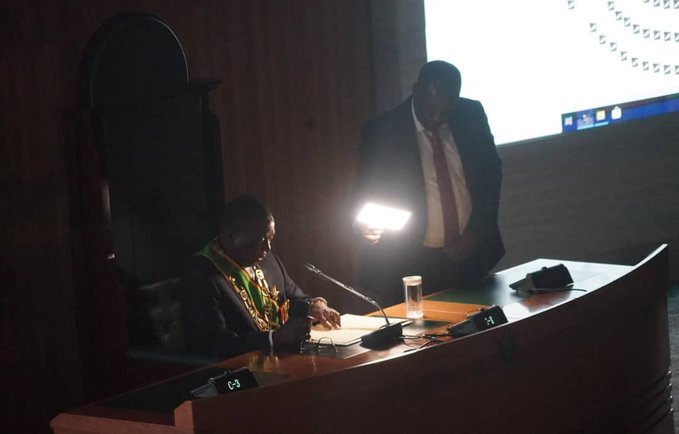
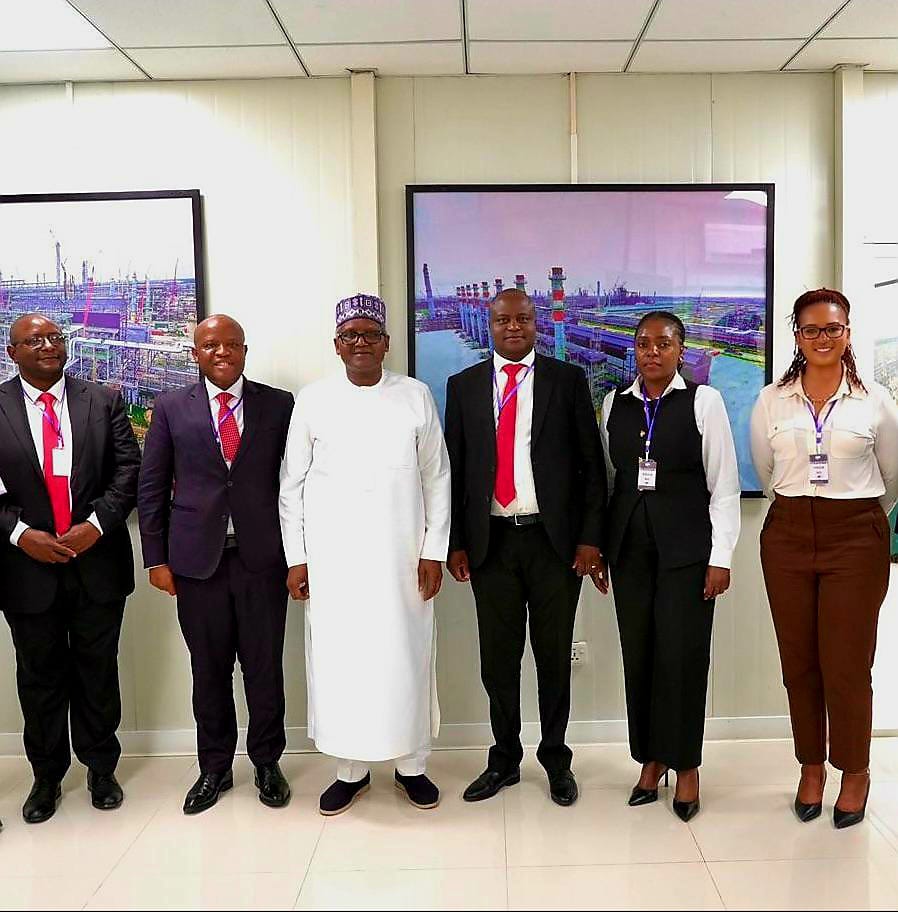
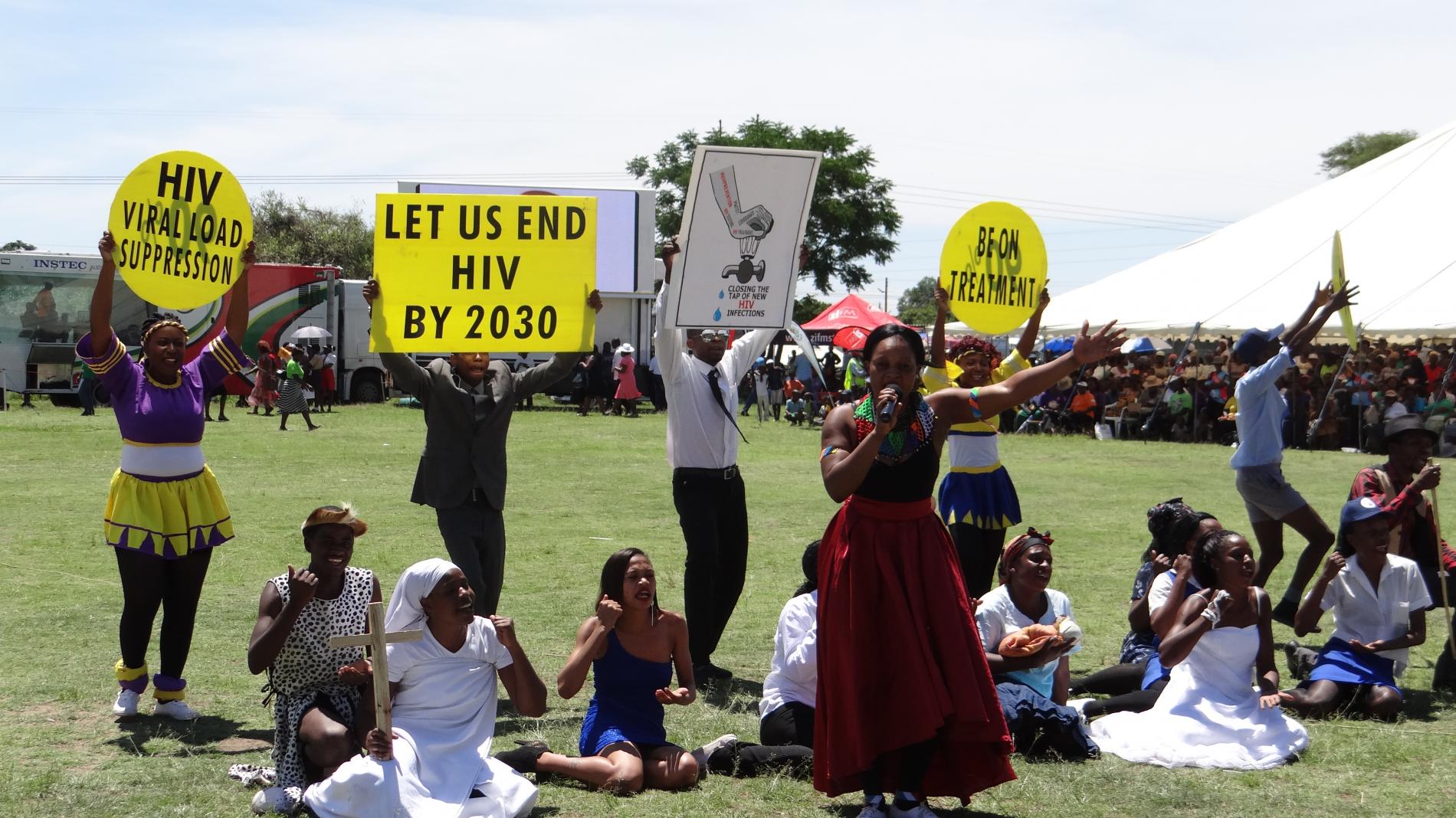
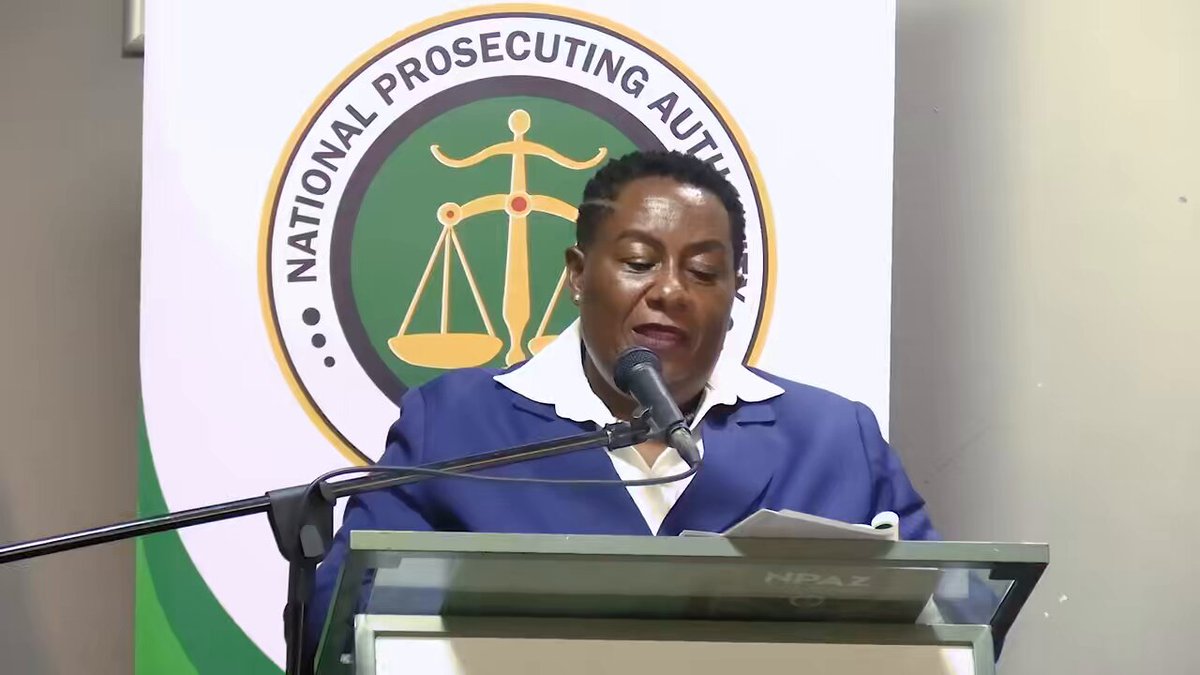



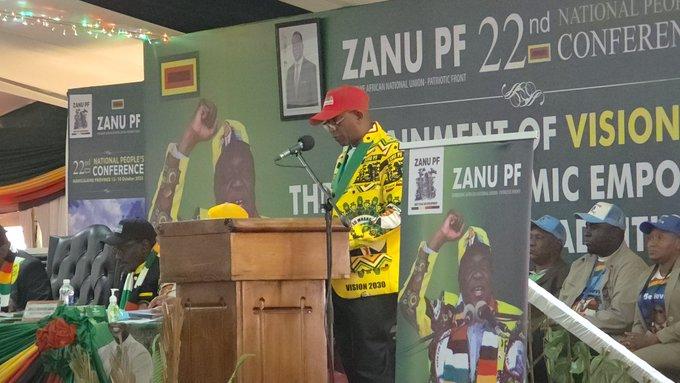

 Young Investment Professional (YIP) Graduate Programme 2019
Young Investment Professional (YIP) Graduate Programme 2019
Editor's Pick